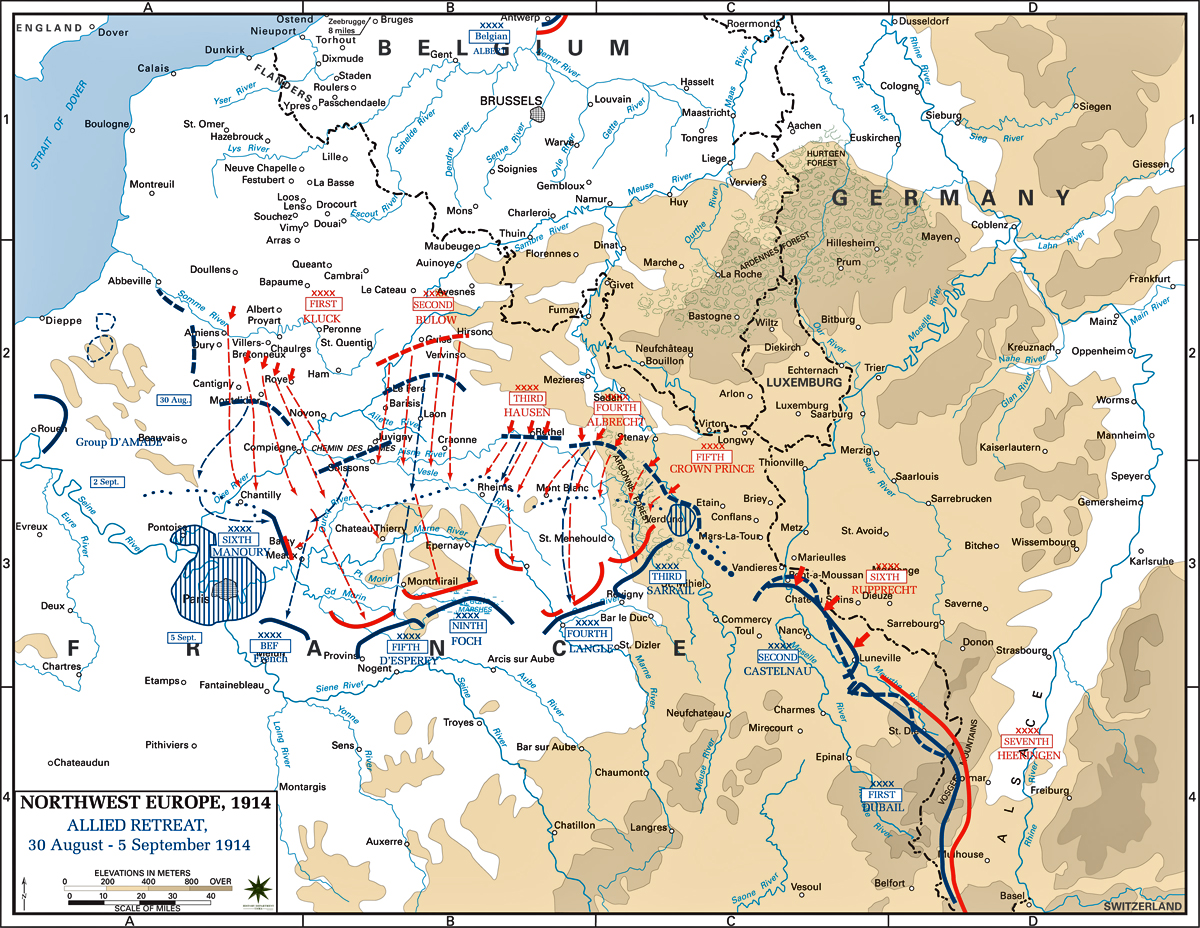And lastely, we do not know how the war and later peace will play out, but painting Albert as court jester is going a bit far I think. Because whatever happens, Belgium will be a nation that fought with Germany in this war.
As said, Belgium position towards France and UK is too important to be ignored, Albert has already show to basically throw away precedent treaty at the first sign of real pressure and if Germany win Belgium will not have any other ally in the continent except Berlin that by past history will reasonably believe to be capable to ask whatever they want to the Belgium goverment.
Oh sure, they will pay a reasonable price for their base in Antwerp and for stationing troops in the country...but everybody will understand who is really is in charge in the nation and Albert? Yes he will be the court jester, the shoeshine man, janitor, french maid, whatever the Kaiser will say because? He will not have any choice.
Will the population hate the Germans? No, at least not initially they have fought a war together...but will soon be clear that things are done for the benefit of Germany first, second and third after all it's not the MittelEuropa final objective.
Even A-H fought side by side with Germany and by the end of the war was a whole owned subsidiary of the German Empire, so i really doubt that Belgium will fare differently.
The legal case for neutrality can certainly be made. The start of the war and the actions of the various players are murky enough for that. On the other hand, Italy was in an alliance with AH and Germany. So a certain amount of displeasure from the Germans and Austrians should be understandeble.
As the British and France one because a supposed neutral nation had basically permitted at the enemy to be used as a springboard for an offensive; sorry there is no way that this can't be seen a Belgium throwing away his neutrality and cast his lot with Germany regardless of Albert motivation and even for a moment the king and his goverment have believed that they will not be attacked by France and/or considered a German co-belligerant are basically braindamaged
Oh and I agree that Belgium would have had a very hard time in explaining its actions to others as truely neutral. On the other hand, if they would have managed to keep the Germans to only transit and transport a case Imo can be made on certain points...
Also writing history is so much easier if the other side does bad things and you have true facts to work with...
As said only if Germany win, sorry but not permitting to foreigner troops to pass through your territory is the reason Belgium is neutral; regarding the part of the French my reaction has been
Making scorched earth and basically destroying anything of value that the enemy can use and killing the civilian that try to resist? Sure, it make sense and also punish Belgium...going in a rape spree with the loss of discipline of the army during an offensive so that the gallant german white knight can save the day? Suuuuure, next Joffre twirling his mustache kidnapp the Belgium royal family and go full Sidney Whiplash?
France did not demand it and got right down to ordering very harsh reprisals, so a case can be made, that if Belgium had not allowed transit, that it would have been the Germans doing the harsh treatment. So Albert was between the rock and hard place. ANd we do not know what information Belgium gave to France and Britian regarding its actions on the Ultimatum. At least I do not think we know.
From what has transpired the French and British goverment has been informed by the journal and the Belgium goverment has basically surprised them with their decision and any attempt to keep at least the illusion of Belgium neutrality will have included a formal attempt to resist at least passively the German passage, but Albert had not done even that.

